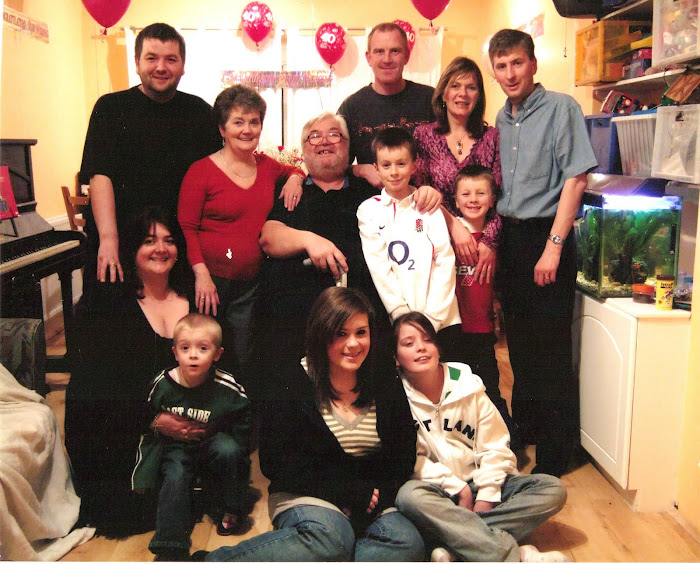Thursday 9 April 2009
FalseAllegation - epetition response
We received a petition asking:
“We the undersigned petition the Prime Minister to introduce a new offence of ‘Making a False Allegation’, punishable by a MINIMUM (not maximum) sentence of one year in prison and a recommendation that any sentence passed down should more closely match what the falsely accused person may have faced had they been wrongly found guilty.”
Details of Petition:
“If (for example) A makes a false allegation of rape against B, B can be sentenced to up to 8 years in prison if found guilty, but if A is found guilty of making that false allegation, they will generally receive less than a year and even this is often suspended so they don’t actually end up in prison. Technically the false accuser can be found guilty of Perverting the Course of Justice (maximum sentence of LIFE) but judges simply don’t hand down very large sentences for false accusers despite being allowed to. Having a MINIMUM sentence of a year with a recommendation that any sentence passed down should more closely match what the falsely accused person may have faced had they been wrongly found guilty should deter more people from making false allegations and properly punish those who flout the law. Murder already carries a MINIMUM sentence of LIFE so minimum sentences are clearly allowed in law.”
· Read the petition· Petitions homepage
Read the Government’s response
Thank you for your e-petition asking for the creation of a new offence of “making a false allegation”, punishable with a minimum sentence of one year in prison and a sentence more closely matching what the falsely accused person may have received had they been found guilty.
It is a serious matter for anyone to make a false allegation that a criminal offence has been committed, and there are a range of offences to deal with those who might seek to pursue such allegations, including the offences of perverting the course of justice, wasting police time and perjury. The latter carries a maximum penalty of seven years’ imprisonment, and the courts have consistently held that a custodial sentence is appropriate for deliberate perjury in the face of the court. The decision to investigate a possible offence against the administration of justice is a matter for the police. Within these parameters, sentencing decisions in individual cases are a matter for the courts, who will make their decision based on the facts of the offence and the offender, taking into account any aggravating and mitigating circumstances.
There are also other important safeguards in the criminal justice system against the conviction of the innocent, including the presumption of innocence, the high standard of proof whereby it is for the prosecution to prove its case beyond reasonable doubt, the right to legal representation, and the right to call any witnesses to challenge and test evidence through cross-examination. In order to ensure that anyone who is wrongly convicted can have this injustice righted, there is also the right to seek leave to appeal against conviction or sentence.
We are not planning to make the suggested legislative changes. The police have a responsibility to make detailed investigations where allegations are made of serious offences. If their investigation results in what the police regard as sufficient evidence, they will refer the case to the Crown Prosecution Service (CPS) for a decision as to whether the case meets the evidential and public interest tests for prosecution. Before the police decide to refer a case and when the CPS considers it, both authorities have to consider the nature of the evidence before them, and they will take account of any indications that false allegations may have been made against the individual accused of the crime.
There are a limited number of serious offences that attract minimum sentences, including murder; but offences relating to the making of false accusations are not included.
Thursday, April 9, 2009
Subscribe to:
Post Comments (Atom)

No comments:
Post a Comment